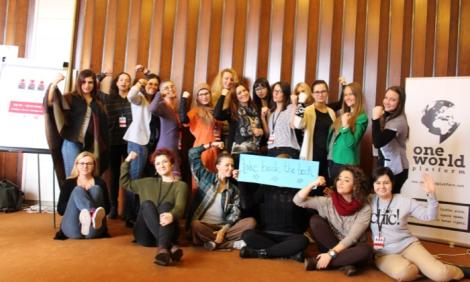
In depth
V for Vale: 10 year journey of TBTT! Campaign in Bosnia and Herzegovina
Vale Pellizzer looks back at the 10 year journey of the TBTT campaign in Bosnia and Herzegovina. The campaign has taken various shapes in the complicated realities and social dynamics of this country. The fresh and young design of the campaign promised a new hope for reclaiming your agency for women and gender non-conforming people. In this interview Vale talks about the complexities of…

Publication
Keeping women safe? Gender, online harassment and Indian law
Findings of the Internet Democracy Project research study, ‘”Don’t Let It Stand!”: An Exploratory Study of Women and Verbal Online Abuse in India’, indicate that women in India develop a variety of strategies to deal with the verbal threats they face. However, these strategies very rarely include the law,resulting in a silence around questions of legal effectiveness and recourse for online verbal…
Publication
Research design: Exploring corporate and state remedies for technology-related violence against women
Between April 2013 and June 2014, the Association for Progressive Communications (APC) carried out a multi-country research entitled „From impunity to justice“ as the part of its project End violence: Women's rights and safety online. The research involved the collection of case studies that highlight the voices and experiences of women from the global south who have faced technology-related…
Publication
From impunity to justice: Domestic legal remedies for cases of technology-related violence against women
The present research seeks to examine the availability and effectiveness of existing domestic legal remedies for survivors of technology-related VAW to access justice and to prevent such violence from occurring. This research was carried out between April 2013 and June 2014 by the Association for Progressive Communications (APC) as part of a multi-country project entitled “Ending violence: Women’…
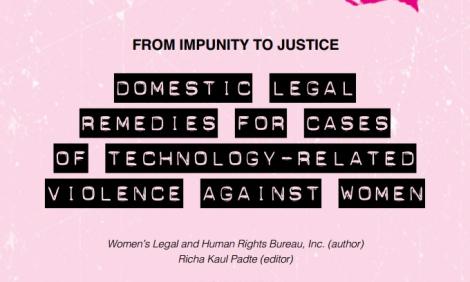
Publication
From impunity to justice: Domestic legal remedies for cases of technology-related violence against women - Summary
This is a summary of the research report “From impunity to justice: Domestic legal remedies for cases of technology-related violence
against women”, by the Women’s Legal and Human Rights Bureau. This summary was prepared by Richa Kaul Padte.
against women”, by the Women’s Legal and Human Rights Bureau. This summary was prepared by Richa Kaul Padte.
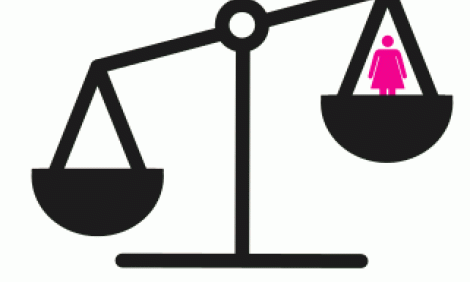
In depth
From impunity to justice: Exploring corporate and legal remedies for technology-related violence against women
A new series of reports by the Association for Progressive Communications presents findings from a multi-country research project on technology-related violence against women (VAW). The research – which reveals a lack of access to justice for survivors – highlights the voices and experiences of women who have faced technology-related VAW and sought justice through state agencies and internet…

Editorial
Let’s stop our fear of tech leading to misuse of security legislation
I was very happy when I was asked to be guest editor of this edition of GenderIT.org on women human rights defenders (WHRD) and national cyber security policies. This is an important and timely issue for WHRDs because the misuse of counter-terrorism legislation to quell dissent and further marginalise minority voices is on the rise.
Publication
Towards a cybersecurity strategy for global civil society?
This study lays out the elements of a comprehensive security strategy for cyberspace. It aims to address the cybersecurity threats that plague national, personal and social security while protecting and preserving open networks of information and communication. The study was published as part of Global Information Society Watch 2011 that investigated how governments and internet and mobile phone…
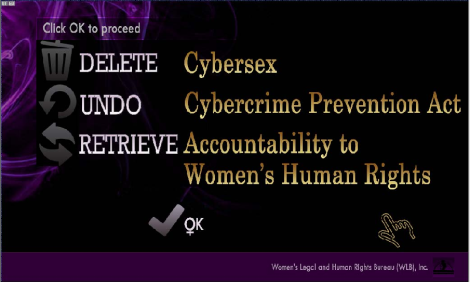
Feminist talk
DELETE, UNDO, RETRIEVE: Statement on the Cybercrime Prevention Act of 2012
The statement developed by the Women's Legal Bureau (WLB) in response to the Cybercrime Bill. WLB highlights the specific women's rights concerns in relation to the bill, in particular warn that the law can be used to further perpetuate violence against women. They are still in the process of gathering support and you are invited to sign on to show your support to the cause.
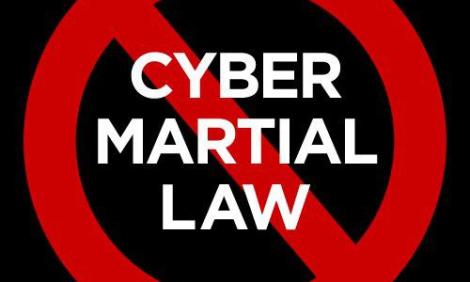
In depth
Philippines: the problematic cybercrime prevention law of 2012
The recent passage of the Philippine Cybercrime Prevention Act of 2012 (or the Republic Act 10175) has elicited strong negative reactions from various stakeholders. Civil society organizations (CSOs), academe, journalists, bloggers, and Filipino netizens have expressed great concern over certain provisions of the law that impinged their constitutional right to freedom of expression. To date,…




